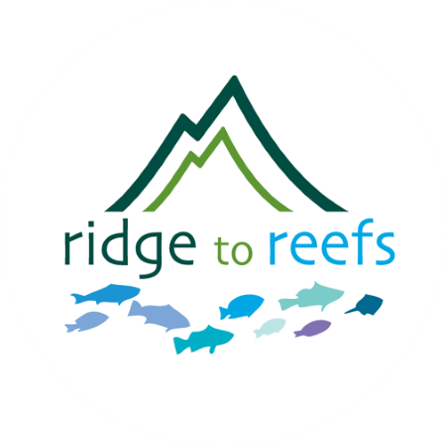Imports & Food Security
More than 85% of food is imported to Hawai’i and American Samoa.
This import structure results in economic loss for farmers.
Dependence on imports causes major food insecurity.
Resilient, sustainable farms on the islands are the answer for food security, growing the economy, and proteecting the environment.
Farmers in Hawai’i
In Hawai'i County, out of a total 6,974 producers:
3,153 are minority producers of Asian, Native Hawai'ian, Black, or Native American heritage
996 have prior military service
2,133 are beginning farmers
The median income of a farmer is $31,000 annually
In Maui County, out of a total 2,397 producers:
1,039 are minority producers
245 have prior military service
868 are beginning farmers
Kohala and Puna
Our work on Hawai'i Island will primarily be focused in the Kohala and Puna areas. We’ve partnered with the Hawai'i Institute of Pacific Agriculture (HIP Ag). HIP Ag is a nonprofit organization that trains farmers through farm apprenticeships and provides youth education, high school mentorships, as well as farm to school and farm lunch programs for the Kohala area and other areas in Hawai'i county.
With HIP Ag and other local partners, we will work closely with farmers in Hawai'i County to implement Farm Bill programs and regenerative agricultural practices. These will directly improve in soil health and water quality while increasing farmer productivity and competitiveness.
Maui County
In Maui County, Ridge to Reefs will work closely with staff from Lā Kāhea Community Education Farm, James Simpliciano of Simpli-fresh Produce, and other local partners.
In addition to working with local farmers to implement Farm Bill programs, RTR is working with the watershed coordinators for West Maui and South Maui, Tova Callender and Michael Reyes, to develop effective strategies and a watershed wide coordinated approach to be used by the Hawai'i Island Conservation Implementation Team.
Farmers in American Samoa
The situation is similar in American Samoa, where minority farming families earn an annual average of $20,500.
Underperforming dry litter piggeries is a major issue in American Samoa. Dry litter remediation is a critical element of improving production and environmental health.
Community Support in American Samoa
Project activities on American Samoa will be locally managed by Ridge to Reefs’ on-island Watershed Coordinator, Keith AhSoon.
We have worked extensively with the Coral Reef Advisory Group (CRAG) to develop and implement a watershed plan for Vatia Bay, and continue to collaborate in roundtables and several projects.
Additionally, local farmer, fisherman and entrepreneur Dustin Mule-Snow has been closely involved with our green infrastructure and locally-sourced fertilizer projects. He is operating a farmer’s market on a Social and Economic Development Strategies grant from the U.S. Department of Health and Human Services. His expertise in sustainable agriculture and platform for economic development could benefit other underserved farmers and provide vital input for the needs assessment.
Further, the American Samoa Community College Land Grant is maintaining a plot of vetiver grass specifically to be used for Ridge to Reefs projects, ensuring the availability of this vital resource for project implementation.







